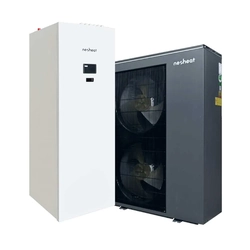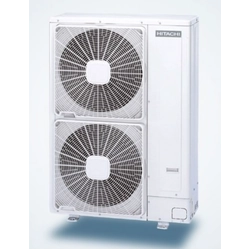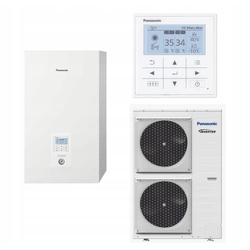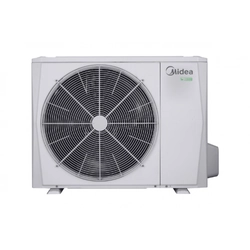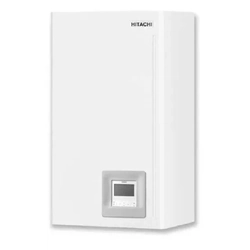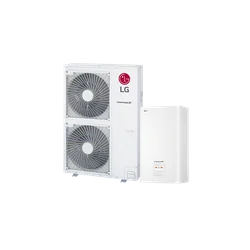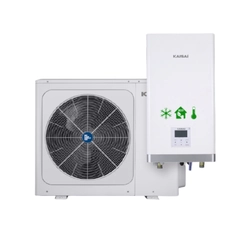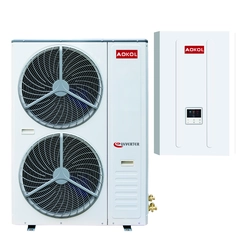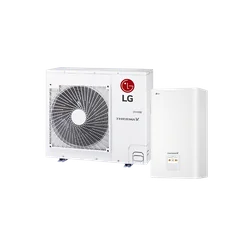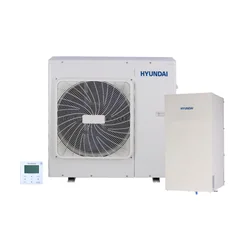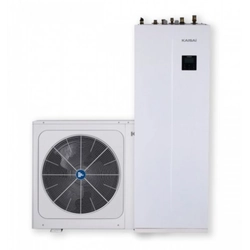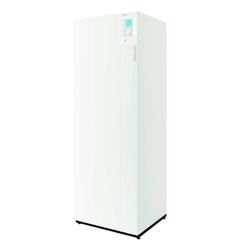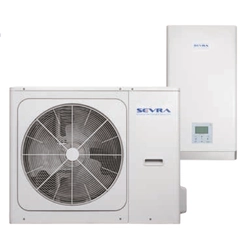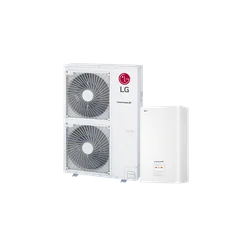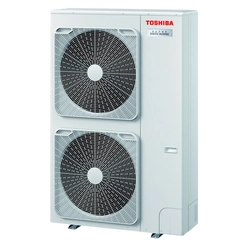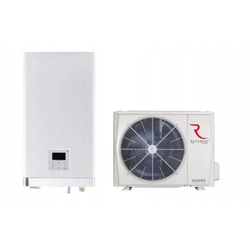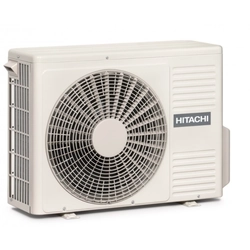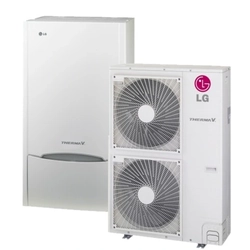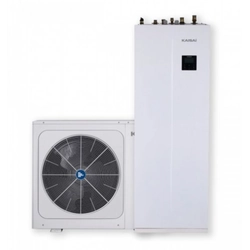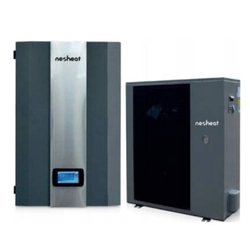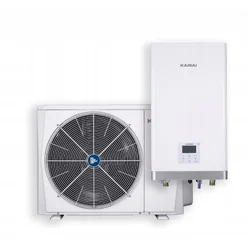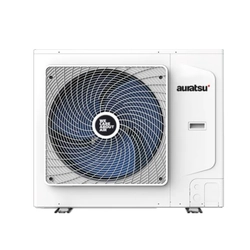Supplier:
Search settings
Sort byrelevance: highest
Split
CategorySplit
Categories & Filters
Sort by
Sort byrelevance: highest
Supplier:
Supplier:
Supplier:
New Hisense split heat pumps in a unique Hymon promotion!
- Manufacturer: Hisense
- AVAILABLE QUANTITY: NEW
Supplier:
Supplier:

merXu Protected Payments
Air-water split external/internal heat pump 16kW
- Manufacturer: Kaisai
- Heat source: Air-Water
- Heat pump variant: Split
- Heating capacity: 16000 W
- Refrigerant: R32 - Difluoromethane
Supplier:
Supplier:
Supplier:

merXu Protected Payments
HYUNDAI heat pump, Split type 16kW + Hydrobox
- Manufacturer: Hyundai
- Manufacturer Code: HHPS-M16TH + HHPMD-M160THI
- Weight: 170
- Compressor type: Inverter Mitsubishi
- The value of Grzywacz: 16000 W
Supplier:

merXu Protected Payments
Air-water split external/internal heat pump 8kW + Tank 240L
- Manufacturer: KaiSai
- Manufacturer Code: 347E-156FB_20230406134025
Supplier:
Supplier:
Hisense Hi-Therma heat pump R32 Split 4,4 kW (AHM-044HCDSAA / AHW-044HCDS1)
- Manufacturer: Hisense
- Manufacturer Code: AHM-044HCDSAA / AHW-044HCDS1)
- AVAILABLE QUANTITY: NEW
Supplier:

merXu Protected Payments
LG Therma V Split heat pump R410A 16kW 3-fazowy HU163MA/HN1636M
- Manufacturer Code: HU163MA/HN1636M
Supplier:
Supplier:

merXu Protected Payments
Rotenso Aquami Split heat pump 8 kW from hand
- Manufacturer: Rotenso
- Manufacturer Code: AQS80Xox1o/AQS80X1o
Supplier:
Supplier:
Supplier:

merXu Protected Payments
Air-water split external/internal heat pump 10kW + Tank 240L
- Manufacturer: KaiSai
- Manufacturer Code: 347E-156FB_20230406133336
Supplier:
Supplier:
Supplier:

merXu Protected Payments
Auratsu Split heat pump 10kW - 1faz
- Manufacturer: Auratsu
- Heat pump variant: Split
- Heating capacity: 10000 W
- Number of phases: One
- Refrigerant: R32 - Difluoromethane
Supplier:

Didn't find what you were looking for? We will help you!
Register for free and make an inquiry
